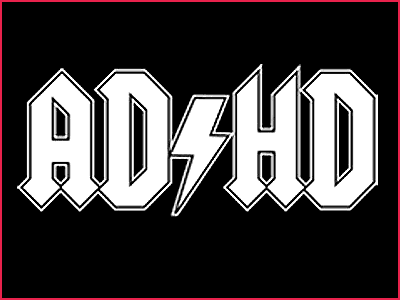 NPR: Stop by one of the 200 or so Borders stores that soon will be closing, and you can pick through the rubble. Under the Everything Must Go signs, you will find the building blocks of the last half-century of popular culture — in discounted disarray. Here are the self-help books that promise to make us better people. There are the novels — by Tom Clancy and Janet Evanovich — that make us think about the world we’ve created. Over there are history tomes and workout tapes and compilation CDs and bright boxes containing the do-it-yourself language course Rosetta Stone. Most of these are well-conceived, thoughtfully crafted objects — colorfully packaged, gift-wrap ready — for the home, the office, the dorm room, the nursery. They are whole things — meant to be consumed from beginning to end, front to back, A to Z. The problem is: We just don’t do whole things anymore. We don’t read complete books — just excerpts. We don’t listen to whole CDs — just samplings. We don’t sit through whole baseball games — just a few innings. Don’t even write whole sentences. Or read whole stories like this one. Long-form reading, listening and viewing habits are giving way to browse-and-choose consumption. With the increase in the number of media options — or distractions, depending on how you look at them — something has to give, and that something is our attention span. We care more about the parts and less about the entire. We are into snippets and smidgens and clips and tweets. We are not only a fragmented society, but a fragment society. And the result: What we gain is the knowledge — or the illusion of knowledge — of many new, different and variegated aspects of life. What we lose is still being understood. MORE
NPR: Stop by one of the 200 or so Borders stores that soon will be closing, and you can pick through the rubble. Under the Everything Must Go signs, you will find the building blocks of the last half-century of popular culture — in discounted disarray. Here are the self-help books that promise to make us better people. There are the novels — by Tom Clancy and Janet Evanovich — that make us think about the world we’ve created. Over there are history tomes and workout tapes and compilation CDs and bright boxes containing the do-it-yourself language course Rosetta Stone. Most of these are well-conceived, thoughtfully crafted objects — colorfully packaged, gift-wrap ready — for the home, the office, the dorm room, the nursery. They are whole things — meant to be consumed from beginning to end, front to back, A to Z. The problem is: We just don’t do whole things anymore. We don’t read complete books — just excerpts. We don’t listen to whole CDs — just samplings. We don’t sit through whole baseball games — just a few innings. Don’t even write whole sentences. Or read whole stories like this one. Long-form reading, listening and viewing habits are giving way to browse-and-choose consumption. With the increase in the number of media options — or distractions, depending on how you look at them — something has to give, and that something is our attention span. We care more about the parts and less about the entire. We are into snippets and smidgens and clips and tweets. We are not only a fragmented society, but a fragment society. And the result: What we gain is the knowledge — or the illusion of knowledge — of many new, different and variegated aspects of life. What we lose is still being understood. MORE
Curated News, Culture And Commentary. Plus, the Usual Sex, Drugs and Rock n' Roll
